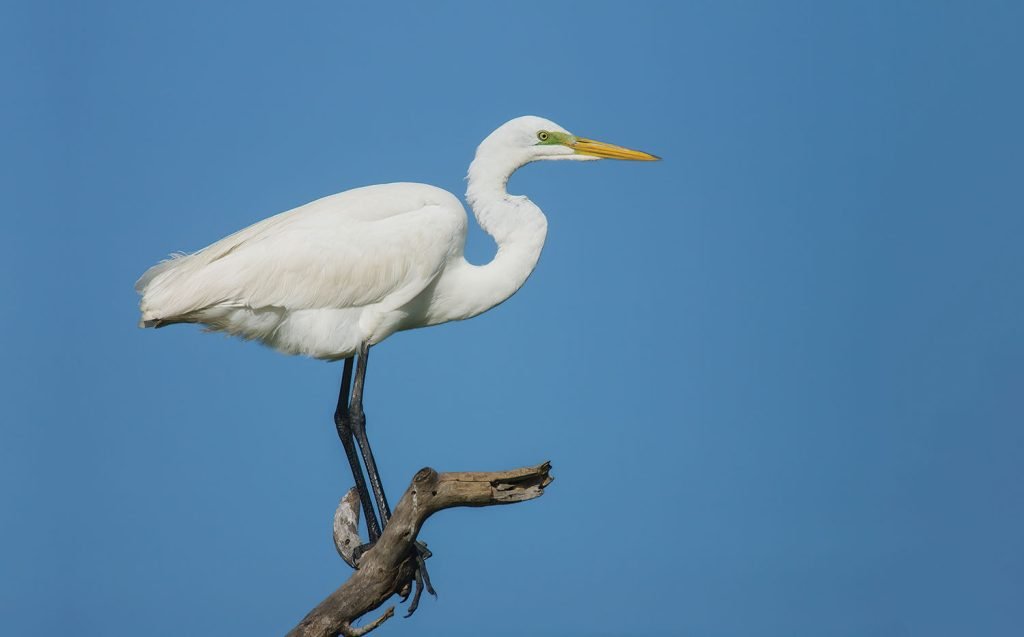A Pristine Coastal Escape
Pangani Beach stretches along Tanzania’s northern coast, offering visitors an authentic escape from crowded tourist destinations. Moreover, this pristine shoreline combines rich Swahili culture with stunning natural beauty, creating an unforgettable experience for travelers seeking something special.
The coastline itself captivates with its powdery white sand and crystal-clear turquoise waters. Furthermore, palm trees sway gently in the ocean breeze, providing natural shade for relaxation. Unlike busier coastal areas, this Tanzanian beach maintains its tranquil atmosphere, allowing visitors to truly unwind and connect with nature.
Traditional Maritime Culture at Pangani’s Coast
Local fishermen launch their traditional dhows each morning, and their colorful sails create picture-perfect moments against the sunrise. Additionally, you can join these fishing excursions or simply watch from shore as generations-old maritime traditions continue at this coastal destination. The fresh seafood these fishermen bring back appears on restaurant menus throughout the area, ensuring visitors taste the ocean’s bounty at its peak.
Meanwhile, the nearby town of Pangani tells fascinating stories of East African history. Ancient buildings showcase distinctive Swahili architecture, while the old slave trade routes remind visitors of the region’s complex past. As you walk through narrow streets, you’ll discover friendly locals who share their culture with genuine warmth.
Water Activities and Marine Life Along the Shore
Water activities at this stunning beach destination cater to all interests. First, snorkeling reveals vibrant coral reefs teeming with tropical fish, while diving enthusiasts explore deeper waters off Pangani’s coast. Next, the Pangani River meets the ocean here, creating unique ecosystems perfect for nature lovers. Similarly, kayaking through mangrove forests offers glimpses of diverse wildlife, including various bird species and small mammals.
In addition, the protected marine areas surrounding the coastline support incredible biodiversity. Consequently, visitors often spot dolphins, sea turtles, and countless tropical fish species during their aquatic adventures along this pristine shoreline.
Sustainable Tourism and Beachfront Accommodation
Accommodation options range from beachfront lodges to eco-friendly camps, each providing comfortable stays with ocean views. Subsequently, many establishments focus on sustainable tourism, supporting local communities while protecting the coastal environment.
These sustainable practices ensure that this pristine beach destination remains untouched for future generations. Furthermore, by choosing eco-conscious accommodations along Pangani’s shore, travelers contribute directly to conservation efforts and local economic development.
Your Perfect Coastal Paradise Experience
For travelers wanting authentic Tanzanian coastal experiences away from mainstream tourism, Pangani Beach delivers perfectly. Its combination of natural beauty, cultural richness, and peaceful atmosphere makes it an ideal beach destination for those seeking genuine connection with East Africa’s stunning coastline.
Whether you’re interested in cultural exploration, marine adventures, or simply relaxing on pristine shores, this coastal paradise offers an authentic Tanzanian beach experience that will exceed your expectations.















